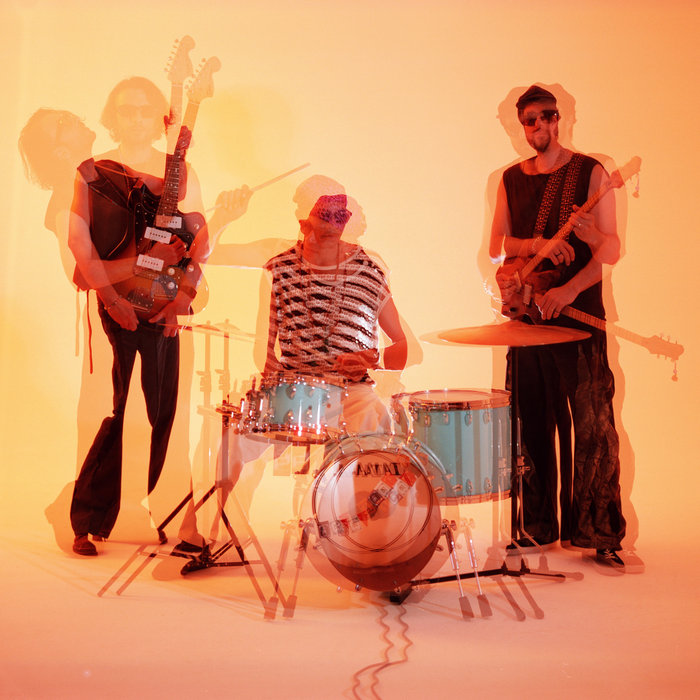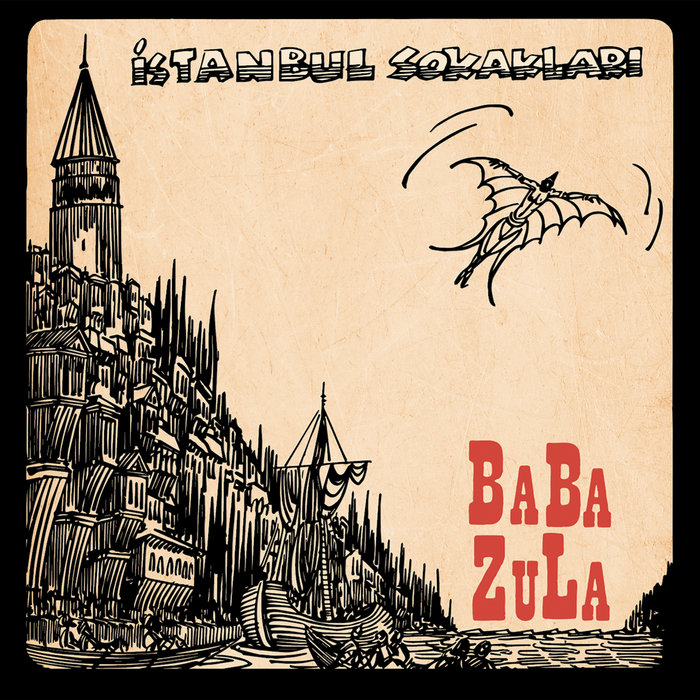
Rüzgar – islandman
this blog is GROOVY – check out great Soul, Funk, Jazz, Hip Hop, Bass, Breaks , Reggae, House n many more TUNES
Anatolian Psych Rock is like a kaleidoscope of colors and sounds that emerged from the vibrant cultural crossroads of Turkey in the late 1960s. If you’ve ever wondered what happens when traditional Turkish music meets Western psychedelia, then buckle up! We’re diving into this funky genre filled with groovy rhythms, mind-expanding instruments, and some seriously cool cats who shaped its sound.
It all kicked off during a period when the world was spinning with rock ‘n’ roll fever. In Turkey, young musicians were hungry for change and found inspiration in Western bands like The Beatles and Pink Floyd. Picture it: Istanbul’s lively streets buzzing with energy as musicians strummed their guitars under neon lights, mixing folk melodies with electrifying guitar riffs.
By melding traditional Turkish instruments like the bağlama (a long-necked lute) and cura (a smaller version), these artists created sounds that were simultaneously familiar yet utterly foreign to most ears. This blending became known as Anatolian Rock—and let’s be real, it’s got more twists than a winding mountain road!
As we hit the late ’60s into the ’70s, bands began experimenting boldly. They threw in heavy drums, wild solos, and cosmic lyrics about love, politics, or just trippy experiences—all coated in rich layers of Turkish folklore.
One can’t talk about Anatolian Psych Rock without mentioning Moğollar. Starting out in 1967, they are often credited as one of the pioneers of this genre! They took traditional motifs straight outta Ankara and wrapped them around hypnotic beats reminiscent of their Western counterparts. Say hello to psychedelic anthems that make you want to dance while pondering your existence!
Another band at this party? Erkin Koray, often dubbed as “the Jimi Hendrix of Turkey.” His electric riffs can send even stone-faced folks grooving! Funny story: Erkin once had his guitar stolen on stage—and instead of panicking or stopping his performance; he borrowed a random audience member’s guitar mid-set because… well why not?
Then there’s Barış Manço, whose flamboyant style was akin to combining rock vibes with classic storytelling techniques—even sporting mustaches so legendary they probably influenced national grooming standards! He brought fun theatrics into his performances; rumor has it he once performed wearing pajamas just for laughs—talk about comfy concert wear!
But enough about those legends—let’s geek out on some funky instruments that set Anatolian Psych Rock apart:
Together? A musical concoction that’s really hard not to feel happy while listening!
Lyrically speaking—wowzers—it’s not always sunshine and rainbows! Many songs tackled themes such as political unrest (we see you 1970s!) alongside heartfelt love tales or mystical journeys through life itself. Notably raw lyrics delivered with heart made crowds rally behind these artists—a sense feels good synergy mixed within musical rebellion.
Did you know Barış Manço had an actual hobby where he collected dolls from different cultures? Yep—the dude had over 700 dolls displayed proudly at home! Must’ve been quite a conversation starter amongst fellow musicians during jam sessions after gigs…
Or how Moğollar sometimes showed up late due partly because they would get lost wandering throughout neighborhoods searching for inspiration?! I mean sure—creative processes come first—but come on guys… maybe invest in Google Maps?!
Fast forward to today—a nostalgic wave rolling back powerful vibes—and oh boy does it feel good cruising down memory lane infused with fresh touches by contemporary artists who resurrect these sounds while respecting roots deeply embedded within culture itself.
New-age groups embrace various elements including synth-heavy tunes fused effortlessly preserving true essence essential celebrated by generations past influencing new listeners worldwide now jamming hard wherever they may roam!
Hats off too much-cool dudes keeping things alive such as Baba Zula, using jazzy aesthetics intertwined psychedelic flavors mesmerizing audiences globally ranging beyond borders blending cultures showcasing unity beautifully through soundscapes resonating timelessly connecting everybody together universally despite differences daring anyone near dancing feet movement boogieing away worries momentarily suspended sky-high upon clouds groove town-style launch pads baby yeahhh!!!
So here we are sipping tea after vibing through history together—from rebellious beginnings bouncing vibrantly onward thanks awesome trailblazers sharing unique colorful pieces forming one incredible genre surviving decades later still rocking our socks clean off while surging exciting discoveries every day anew making us laugh sing enjoy moments sensing magic bursting everywhere present enveloping souls joining forces letting loose venturing forth wiselyish exploring hidden treasures awaiting next journey received warmly embracing hearts loud echo across earth vibrating higher realms uplifting spirits harmonizing distinct lifelines woven intricately among us gracefully dancing free limitless possibilities abound™️✨!!
With each beat drop—it reminds us how art transcends boundaries creating bonds shared etching memories forever alive eternally woven flowing seamlessly connecting humanity unified celebration glorious lives care-freely lived orchestrated delightful harmony crafted delightfully lounge chairs raves galore infinitely cheering cheers clinking symbols noble friendships forever flourishing creatively living joyfully exuberant spirit evermore!!

Rüzgar – islandman

Arsız Saksağan (Cheeky Magpie) – Baba Zula